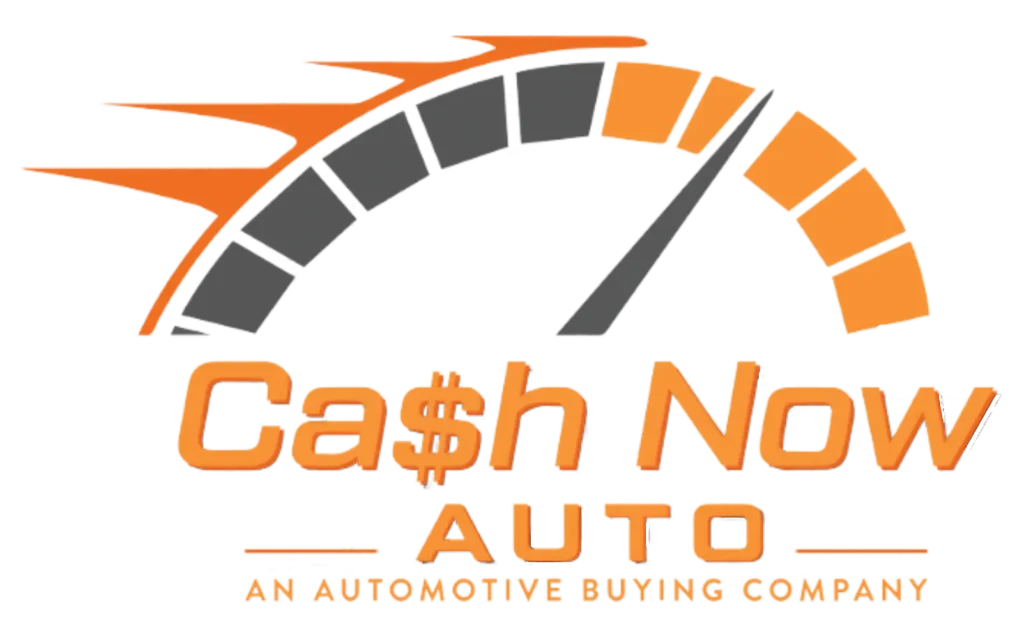
Selling or buying a used car can be exciting, but it also comes with potential risks. While most buyers are genuine, there are always individuals looking to scam sellers out of money, vehicles, or personal information. If you’re planning to sell your car, knowing the red flags and implementing fraud-prevention strategies will keep you safe and ensure a smooth transaction.
This comprehensive guide will walk you through everything you need to know about how to avoid fraud when selling your used car—from spotting common scams to handling payments securely and finalizing paperwork the right way.
1. Understanding the Risks of Selling a Used Car
Whenever money and vehicles are involved, scammers see an opportunity. Selling a car privately exposes you to risks like:
- Fake payments (counterfeit checks, money orders, or fraudulent transfers)
- Overpayment scams where buyers send too much and ask for a refund
- Phishing attempts targeting your personal or banking details
- Test drive fraud, where the buyer disappears with the car
- Title fraud, involving forged or altered documents
Recognizing these risks is the first step toward protecting yourself.
2. Do Your Homework Before Listing Your Car
Fraud prevention starts even before you list your vehicle for sale. Some essential precautions include:
- Know your car’s market value using trusted sites like Cash Now Auto, Auto Trader, Edmunds, or local classifieds.
- Gather all necessary documents such as the car’s title, service records, and any warranties.
- Remove personal belongings from the car.
- Clear digital data from onboard systems (navigation history, Bluetooth contacts, etc.).
Being well-prepared gives you more credibility and leaves less room for manipulation.
3. Use Trusted Platforms for Listings
Where you list your car matters. Fraud is more common on free, unverified platforms. Instead, use:
- Reputable marketplaces like Autotrader, Cars.com, or CarGurus.
- Local dealership consignment programs if you prefer more security.
- Certified instant cash buyer services, which purchase directly.
If you do use classified sites like Craigslist or Facebook Marketplace, exercise extra caution. Avoid sharing unnecessary personal details in your ad.
4. Spotting Common Buyer Scams
Knowing the tricks scammers use can save you from trouble. Some red flags to watch out for include:
- The overpayment scam: Buyer sends a check for more than the asking price and asks you to refund the difference.
- Escrow scams: Fraudsters suggest fake escrow services to “secure” the payment.
- Unseen buyer scam: Someone claims to be overseas or too busy to meet but insists on purchasing.
- VIN cloning or title washing: Buyers trying to swap fraudulent documents.
- Urgency pressure: Scammers push you to complete the deal quickly without proper checks.
Whenever you sense something unusual, pause the deal until you verify.
5. Communicate Safely with Potential Buyers
Scammers often target sellers during the initial communication phase. Protect yourself by:
- Using a dedicated email or phone number just for car sales.
- Avoiding links sent by buyers asking you to “verify” your listing.
- Never sharing sensitive details like your home address or bank account upfront.
- Insisting on local buyers who are willing to meet in person.
Your communication style can either make you vulnerable or protect you.
6. Safe Meeting Locations for Car Sales
When it’s time to show the car, choose a safe location. The best options are:
- Public, well-lit areas like busy parking lots.
- Police station parking lots, which often encourage safe exchanges.
- Bank parking areas, where cash payments can be instantly verified.
Avoid inviting strangers to your home, especially if you live alone. If it’s unavoidable, make sure someone else is present.
7. Handling Test Drives Without Risk
Test drives are necessary, but they also pose risks. Follow these guidelines:
- Ask for a valid driver’s license and take a photo of it before the test drive.
- Never let a buyer test drive alone—always ride along.
- Limit the route to familiar areas.
- Remove valuables from the car.
- Keep an extra key in your possession in case of theft attempts.
Trust your instincts—if a potential buyer seems shady, don’t allow a test drive.
8. Secure Payment Methods You Can Trust
One of the biggest fraud risks is getting paid. To avoid trouble:
- Cash payments are the safest, but meet at a bank where bills can be verified.
- Bank-to-bank transfers (wire or ACH) are secure, but confirm clearance before handing over the keys.
- Cashier’s checks are acceptable only if verified at the issuing bank in person.
- Avoid money orders, PayPal, Venmo, or gift cards—these are highly prone to scams.
Never release your car until payment has fully cleared.
9. Protecting Your Personal Information
Scammers often try to steal more than just your car. Guard your data by:
- Not sharing your driver’s license or social security number unless required for official paperwork.
- Blocking out personal details if you show service records.
- Avoiding online forms or unknown escrow services that ask for sensitive data.
Identity theft can be just as damaging as a financial scam.
10. Completing the Paperwork Properly
Paperwork finalizes the sale and protects you legally. To prevent fraud:
- Sign over the title correctly and keep a copy.
- Complete a bill of sale, including buyer and seller details, sale amount, and date.
- Notify the DMV immediately about the transfer of ownership.
- Cancel your insurance only after the car is officially sold.
Skipping steps here could leave you liable for tickets, accidents, or fraud tied to the car.
11. When in Doubt, Consider Professional Help
If you don’t want to deal with private buyers, you can sell your car through:
- Dealership trade-ins (though you might earn less).
- Certified online car-buying companies.
- Car consignment services that sell on your behalf.
These options provide convenience and added security, even if they reduce your final profit.
12. Final Safety Checklist for Car Sellers
Before finalizing your sale, run through this fraud-prevention checklist:
- Did you verify the buyer’s identity?
- Did you choose a safe meeting spot?
- Did you confirm payment before releasing the car?
- Did you complete all paperwork properly?
- Did you notify the DMV and your insurance company?
If all answers are yes, you’re ready for a safe and successful transaction.
Conclusion
Selling your used car can be rewarding, but it also opens the door to potential scams. By being cautious, spotting red flags, and following safe practices, you can protect yourself from fraud and make sure the sale goes smoothly. Always trust your instincts—if something feels wrong, it probably is.
With the right approach, you can sell your car quickly, confidently, and safely without falling victim to scammers.
